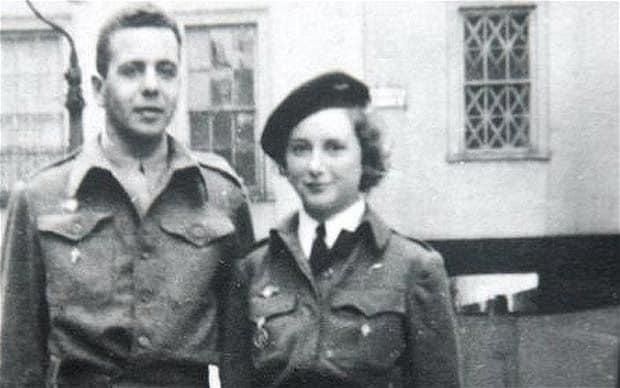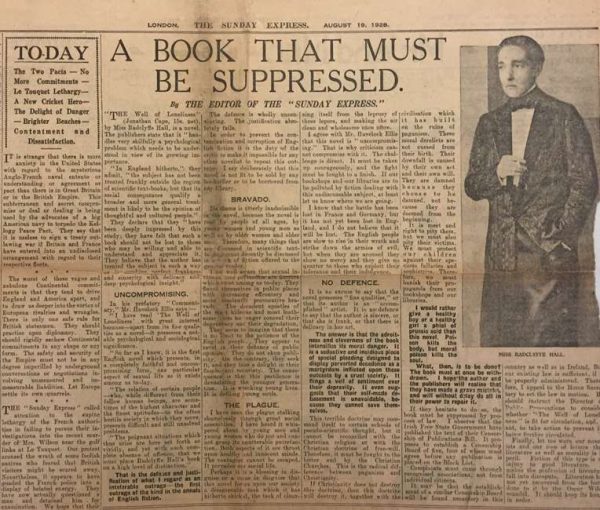


By today's standards, of course, the book is somewhat tame however, the eroticism and honesty with which Torres writes immerses the reader in the love, tenderness, loyalty and passion that women share with each other.įrom the Feminist Press's 'Femmes Fatales: Women Write Pulp' series comes this reissue of a long out-of-print 1950 classic, the "first lesbian-themed pulp" novel. The House Select Committee on Current Pornographic Materials denounced the book in 1952 as an illustration of how the newly emerging paperback industry was breeding and promoting moral depravity. Perhaps as a result, Women's Barracks was banned in several states for being obscene. In her telling of these women's stories, Torres remains nonjudgmental of the lesbian relationships these women explored.


Throughout it all, passions flare, long-standing taboos are tossed to the wind, and passionate relationships are begun between older, more experienced butch officers and the young, inexperienced femme girls under their charge. They were French, or of French heritage, and wanted to be part of the effort to help protect France from invasion by the Nazis. The women enduring these events were not even twenty years old when they first arrived. The terror of the V-1 and V-2 rocket bombings, and the resulting fires and destruction, are an unknown experience to most readers. Women's Barracks is one of the rare books written by an author who lived with the girls and women in this autobiographical novel that takes place in London, England during World War II. It also has the special distinction of being the first "lesbian pulp" novel ever published and became a record-breaking bestseller. With all of its revelations and tenderness, Women's Barracks is an important book because it tells a story that had never been truly told before-the story of women in war. The girls who chose Tereska Torres, the author, as their confidante poured out to her their most intimate feelings, their secret thoughts. Their problems, their temptations, their fights and failures are those faced by all women who are forced to live together during dangerous and stressful times. Many of these girls, utterly innocent and inexperienced, meet other women who have lived every type of existence. This is the true-life story of what happens when scores of young girls live intimately together in a French military barracks.


 0 kommentar(er)
0 kommentar(er)
